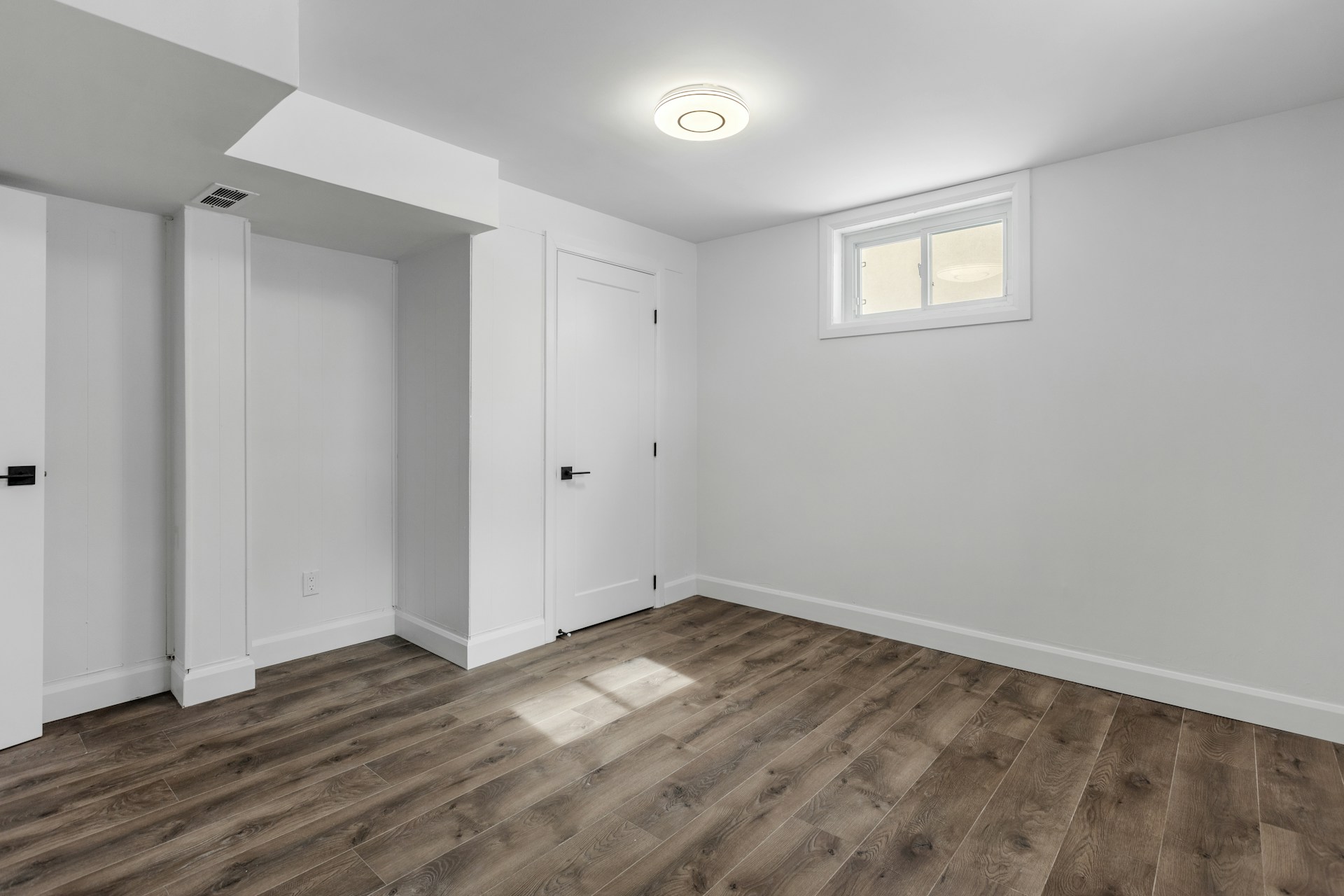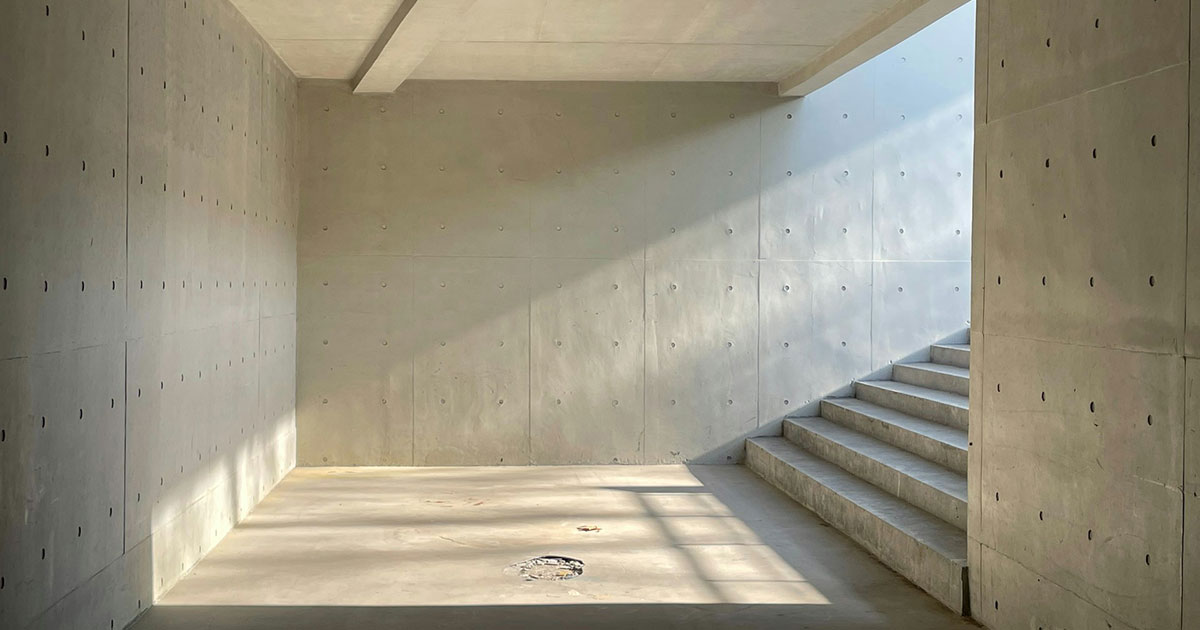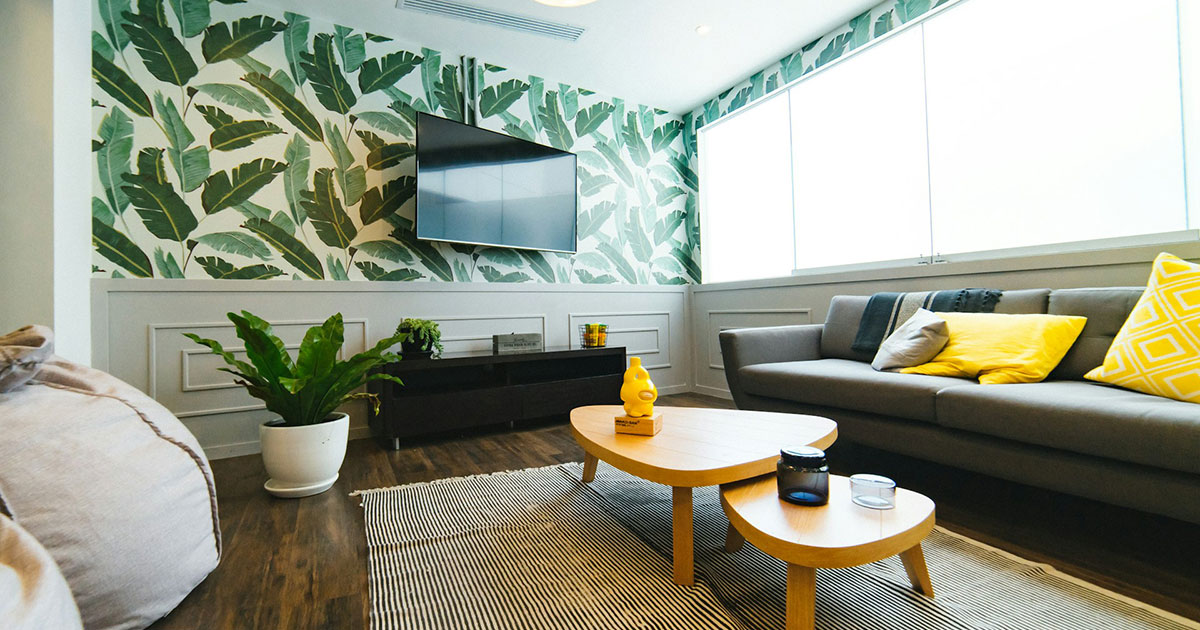Basements are a valuable part of a home, offering extra living space, storage, or room for creative projects. Whether you’re planning to turn your basement into a cozy family room, a home office, or a gym, the first step to a successful renovation is ensuring that the space is safe and dry. Basement waterproofing is an essential process that protects your basement from water damage, mold growth, and structural issues, all of which can cause long-term problems if left unchecked. In this article, we’ll discuss why waterproofing is so important and why it should be done before any basement finishing or renovation project.
What Is Basement Waterproofing?
Basement waterproofing is the process of preventing water from entering your basement or crawl space. It involves identifying potential sources of water leakage, sealing cracks, and installing systems like sump pumps or drainage systems to direct water away from your foundation. Waterproofing ensures that your basement remains dry, even during heavy rainstorms or when groundwater levels rise.
Waterproofing can be done both from the inside (interior waterproofing) and the outside (exterior waterproofing). While both methods are effective, exterior waterproofing is often considered more thorough as it stops water from ever entering the foundation. However, in many cases, a combination of both interior and exterior methods is used for maximum protection.
Why Is Basement Waterproofing Essential?
Many homeowners make the mistake of thinking that their basement is already dry and skip the waterproofing step. But even if your basement appears dry, it could still be at risk of water damage in the future. Here are some key reasons why basement waterproofing is important before finishing or renovating your basement:
1. Prevents Water Damage
Water is one of the biggest threats to any basement. Even small leaks or moisture can cause significant damage over time. Water can seep through cracks in the walls, floors, or foundation and damage insulation, drywall, flooring, and even furniture. If left unchecked, these water issues can turn into costly repairs.
By waterproofing your basement before you begin finishing it, you can prevent water from entering and protect your investment in the long term. This means you won’t have to worry about dealing with expensive repairs or replacing damaged materials once your basement renovation is complete.
2. Protects Against Mold and Mildew
Mold and mildew thrive in damp environments, and basements are especially susceptible to these problems if they are not properly waterproofed. Mold not only damages the structure and surfaces of your basement but can also lead to serious health issues, including respiratory problems and allergies.
By installing a waterproofing system before your renovation, you create a dry environment that discourages mold and mildew growth. This helps to keep the air in your home healthy and ensures that your newly finished basement stays mold-free.
3. Safeguards Your Home’s Foundation
Water can weaken the foundation of your home, leading to cracks, settling, and even structural failure in severe cases. Over time, water pressure from the outside can push against your foundation walls, causing them to bow, crack, or leak.
Proper basement waterproofing before renovation helps relieve this pressure and keeps your foundation strong. By directing water away from your foundation, waterproofing systems help prevent long-term damage and the need for expensive foundation repairs.
4. Increases Home Value
A finished basement can significantly increase the value of your home, especially if it’s converted into a functional living space. However, if potential buyers see signs of water damage, such as musty smells, damp spots, or mold, they may be reluctant to make an offer or may ask for a lower price.
By waterproofing your basement before finishing it, you add value to your home by ensuring that the space is dry, safe, and free from water-related issues. Buyers will have peace of mind knowing that they are purchasing a home with a well-maintained and protected basement.
5. Saves Money in the Long Run
While basement waterproofing requires an upfront investment, it can save you a lot of money in the long run. Water damage can lead to costly repairs, especially if the problem goes unnoticed for an extended period. In addition, mold remediation can be expensive and may require removing and replacing walls, flooring, and furniture.
By taking preventive measures and waterproofing your basement, you avoid the need for these costly repairs. Plus, with a dry basement, you’ll be able to enjoy your finished space for years to come without worrying about potential water damage.
Types of Basement Waterproofing Methods
Now that we understand the importance of waterproofing, let’s explore some common waterproofing methods that can be used to protect your basement.
1. Exterior Waterproofing
Exterior waterproofing involves sealing the foundation walls from the outside to prevent water from seeping into the basement. This is often done by applying a waterproof membrane to the exterior of the foundation or installing drainage systems around the foundation to divert water away.
While exterior waterproofing is one of the most effective methods, it is also more expensive and invasive, as it requires excavation around the foundation.
2. Interior Waterproofing
Interior waterproofing focuses on managing water that has already entered the basement. This method often includes installing sump pumps, drainage systems, and vapor barriers to collect and remove water from the basement.
Although interior waterproofing is typically more affordable than exterior methods, it is best used in combination with other waterproofing solutions to provide comprehensive protection.
3. Sealants and Coatings
Applying waterproof sealants and coatings to basement walls and floors can help block water from entering the space. These products create a barrier that stops water from seeping through small cracks and pores in the concrete.
Sealants and coatings are often used as part of a larger waterproofing system, as they provide an additional layer of protection against water infiltration.
When Should You Waterproof Your Basement?
The best time to waterproof your basement is before you begin any finishing or renovation work. Once the walls, flooring, and other materials are installed, it becomes much more difficult (and expensive) to address any water issues that arise.
If you’re planning a basement renovation, make waterproofing your first priority. This will ensure that the space stays dry and protected, allowing you to move forward with your renovation plans without worrying about potential water damage.
Waterproofing is a critical step in any basement finishing or renovation project. By taking the time to install a basement waterproofing system before you start building or decorating, you can protect your home from water damage, mold, and structural issues. Whether you’re planning to create a new living space, home office, or gym, ensuring that your basement is dry and safe is essential for the long-term success of your renovation.
Incorporating basement waterproofing before renovation not only safeguards your investment but also adds value to your home. So, before you start designing your dream basement, make sure you’ve laid the foundation for a dry, healthy, and functional space.



